The Art of Living:
| “Tell me not in mournful numbers Life is but an empty dream”. |
Life is a comedy to him who thinks and a tragedy to him who feels.
Life is a song, it is meant to be lived in a happy and carefree manner.
It has become the fashion nowadays to complain of ill-health. Send an invitation to anyone to attend a marriage in your house and back comes the reply that illness prevents him from coming. If we are to take everyone’s statement at its face value, it will appear that most of the people in the world are ill or are hospital cases. If you enquire from them what ails them, people give such a long list of diseases and mention drugs and tonics, which would baffle even a medical practitioner. Such is life. We all want others to know that all is not well with us.
Let us look at our amusements and diversions. You go to the cinema and there too, tragedies are in great demand.
| “Our sweetest songs are those that tell of saddest thought”. |
It is queer that people spend time and money to go to see a picture and come back with tears and a heavy heart. This is buying misery.
The art of living lies in optimism (life is all pleasure). A weeping philosopher is welcome in no company. A laughing face is never without friends:
| “Laugh and the world laughs with you, Weep and you weep alone; For the poor old earth has need of your mirth; ‘T has sorrows enough of its own”. |
The world is a mirror; laugh at it and it laughs back at you, weep before it and it would weep at you.
Browning, the greatest optimist among English poets, was drunk with the delight of life. He summed up his philosophy in these two lines-
| “God is in Heaven All is right with the world”. |
Life is measured not by its length, but by the happiness and joy that it contains.
| “A lily of a day A fairer far in May Than an oak of two hundred years”. |
The motto of the Hedonists was: “Eat, drink and be merry for tomorrow you may die”.
The world shuns pessimists like plague rats. Some people start a long narrative of their troubles- some real, imaginary, but all exaggerated. Such people are bores.
Pessimists are liars; they say life is not worth living. Then why do they not commit suicide? As Hamlet said, “Nothing is good or bad, but thinking makes it so”.
Some men are by nature dissatisfied. We are never satisfied with the past. We build all our hopes on the future. Tomorrow is always blessed. Tomorrow will be the first of our lucky days. Thus “we look before and after and pine for what is not”. But wisdom lies in living intensely in the present. Live, live in the living present.
| As Omar Khayyam said, “Unborn tomorrow and dead yesterday- Why fret about them, if today be sweet?” In his poem “The Sensitive Plant” Shelley also says: “The garden sweet, the lady fair And all sweet shapes and odours there In truth have never passed away, ‘Tis we, ’tis ours, are changed, not they”. |
The way to be happy is just to be happy. Joy will not come by weeping.
Apart from joy, the goal of life is duty. Nelson’s ship Victory had this motto: “England expects every man to do his duty”. And when he won the Battle of Trafalgar and was going to die, he said, “Thank God, I have done my duty”. The world is a stage and men and women are actors. Those who act their part will win laurels and get the glory.
| “I slept and dreamt that life was beauty; I woke and found that life was duty”. |
But living consists not in selfish pleasure but suffering troubles so that others may be happy, or dying like Christ and Gandhi so that others may live. Look at the great men of the world- Abraham Lincoln, Gandhi, Subhash and others. They suffered untold troubles for the sake of others, their nation and the country. So their names are immortal. Contrast them with the business magnates who have tons of money. They die and no one remembers them during life or after death. As Tennyson said,
| “Not once, not twice in our rough island story The path of duty is the way to glory”. |
Western civilization has made us money-minded. An average man makes a hell of his life because he has not money enough and to spare. He believes that if he had a lot of money, life would be heaven to him. Indian culture has taught us that money is not the most important thing in life. Our yogis and sanyasis had no money, hardly any food or clothing, yet they enjoyed real happiness. Gandhiji said that he enjoyed bliss and peace of mind which was the envy of kings and emperors.
Not poverty, but idleness is a great curse. If we waste time, time shall waste us. Some people remain idle, revelling in the murderous expedient of killing time. A life crammed with work is a life bubbling with joy. Some people go through life by the murderous method of killing time. In their life, their years commit suicide.
One must be a hero in the strife, not a dum-driven cattle. Great men were not born with silver spoons in their mouths. America’s famous president, Abraham Lincoln, was born in a one-room house in the jungle. He could not afford a lamp and read books with the light of the fire in the hearth. And yet he grew to be the greatest man of the time. Stalin, the late Prime Minister of Russia, was the son of a cobbler.
To sum up, the art of living consists in making life all joy, to work at one’s best, not for one’s own selfish good but for the service of others, to be great and famous in the world and so to work as to be remembered after one’s death.
Life, says an old saying, is not a holiday. It is an education. It is not a playground, it is a schoolroom. And the one eternal lesson to be learnt is to do things better.
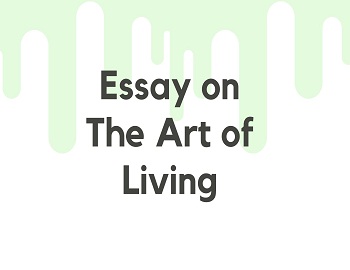
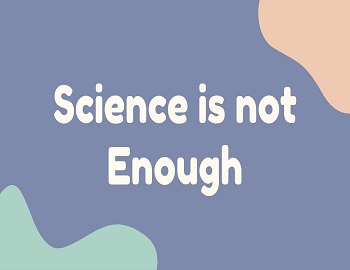

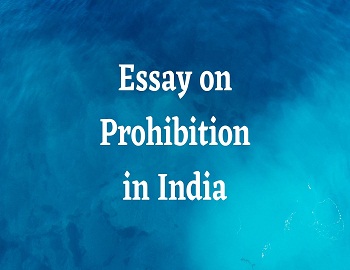

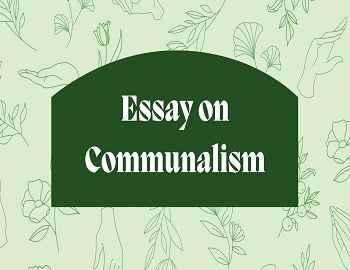


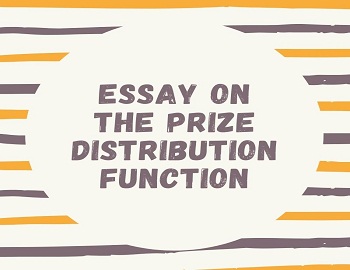
Comments (No)